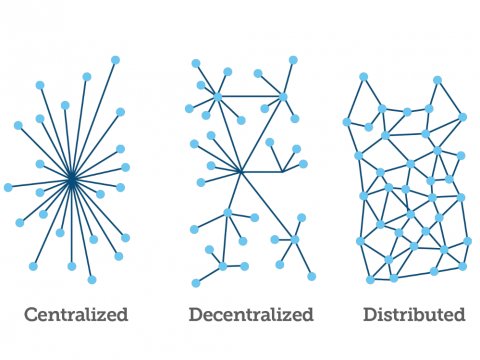PODCAST: #HRHappyHour 311 - Creating a Culture of Performance Based on Feedback
HR Happy Hour 311 - Creating a Culture of Performance Based on Feedback
Host: Steve Boese
Guest: Marie-Claire Barker, Global Chief Talent Officer, Wavemaker
Listen to the show HERE
This week on the HR Happy Hour Show, Steve is joined by Marie-Claire Barker, Global Chief Talent Officer at Wavemaker. a global media, content, and technology agency to talk about modern approaches to performance management and creating a culture of feedback.
Wavemaker is a 8,500 person strong, global organization serving many of the world's leading brands, and recruits and develops talented people across many domains - creative, technical, and people who can envision and develop a shared future with their clients.
On the show, Marie-Claire shared how at Wavemaker they have developed and implemented an intentional, performance-driven culture, where organizational and individual goals are visible and shared, feedback (both public and private), is a point of emphasis and leveraged for professional measurement as well as personal growth, and how this culture of feedback and transparency contributes to organizational and client success. This is one of the best examples of how a traditional 'HR' process like performance management has been re-imagined and turned into not just an 'HR' program, but rather a key driver of business and operational success.
Marie-Claire shared how this culture has and is impacting the organization positively, as well as some advice for HR leaders who want to re-invent performance management too.
You can listen to the show on the show page HERE, or by using the widget player below:
This was an interesting and informative show - thanks Marie-Claire for joining us.
And thanks to HR Happy Hour Show sponsor Virgin Pulse - www.virginpulse.com.
Reminder to subscribe to the HR Happy Hour on Apple Podcasts, Stitcher Radio, or wherver you get your podcasts - just search for 'HR Happy Hour'.
Postscript: On the show, Marie-Claire mentioned Reflextive, the software tool they use at Wavemaker for employee goals and feedback. Refelktive has been an HR tech startup success story and just announced new funding this week.
 podcast tagged
podcast tagged  HR,
HR,  HR Happy Hour,
HR Happy Hour,  Human Resources,
Human Resources,  feedback,
feedback,  performance,
performance,  podcast,
podcast,  talent
talent  Email Article
Email Article 
 Print Article
Print Article 




